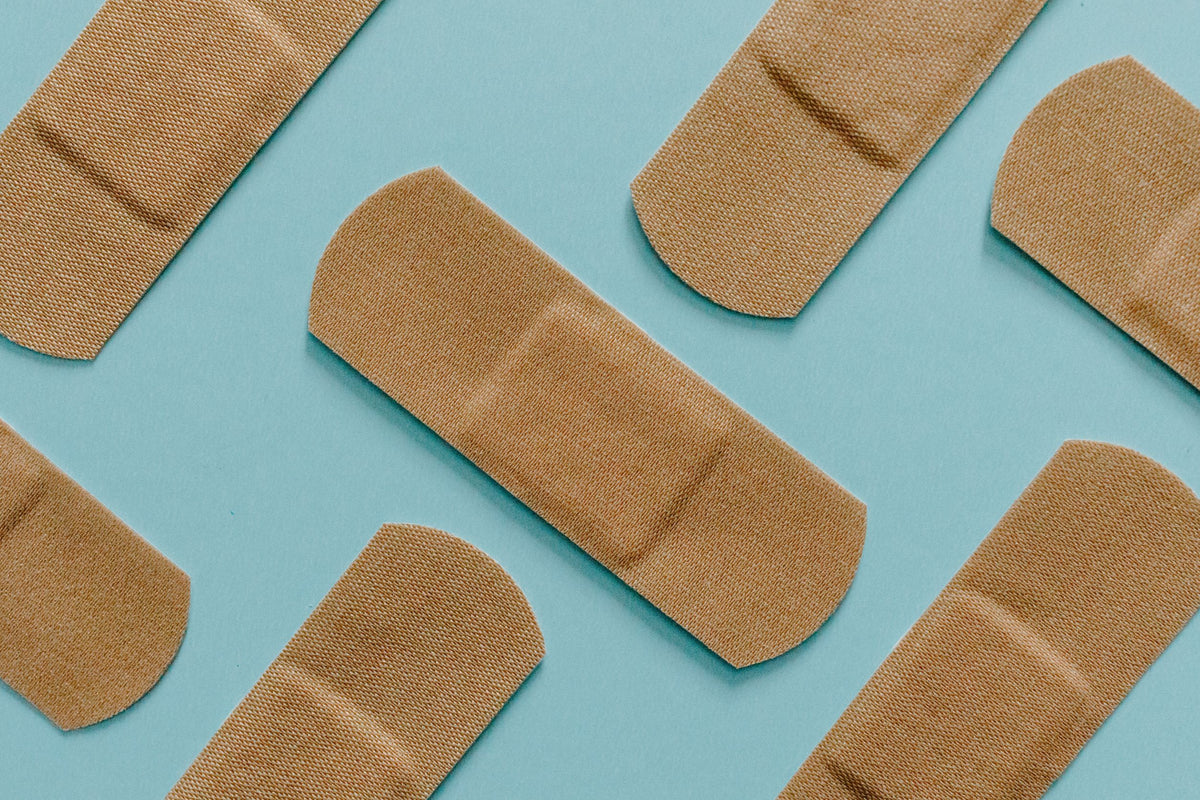
It’s been several weeks, possibly many months since your injury. You keep waiting and waiting and your wound doesn’t seem to be getting better or healing any faster.
These are also known as chronic wounds – these wounds can stick around more weeks and months on end. Chronic wounds require medical assistance to heal. Without a physician’s help, chronic wounds can quickly lead to infections and further complications.
1. Your wound is emitting a foul odor and has changed in color.
2. The wound site has not improved in the last month, meaning no new scar tissue has formed in that time.
3. Discharge is seeping out of the wound site.
Chronic wounds can occur for several reasons. Knowing why and how you develop chronic wounds can help you prevent chronic wounds in the first place.
Below, are 6 reasons your wound recovery is delayed and why your wound is not healing.
When your blood sugar levels are high, this can drastically decrease blood circulation in your body. Slow blood circulation prevents nutrients from reaching the wound site which increases the risk of infection.
Wounds are extremely susceptible to infection. When you endure a cut or scratch to your skin, this allows bacteria to enter your body through the wound. As such, the body focuses its efforts on fighting off the infection rather than healing the wound. Infections are often the major cause of delayed wound healing.
During the wound healing stages, you must avoid getting dirt into the wound or submerging it into water. Otherwise, you’ll need to rely on antibiotics to fight against the infection.
Your blood carries important nutrients and vitamins in your body. It carries the cells your body needs to repair skin tissue. As such, when your body cannot circulate blood at a sufficient speed, this prolongs your wound recovery.
Light exercise or elevating your wound can improve blood circulation. Speak to your physician about other ways to improve circulation.
Placing the wound under more impact and trauma not only prolongs the wound healing process but it increases chances of infection and discomfort.
Try your best to avoid sitting in one position for long periods – this can add pressure to your wound. Additionally, as your wound is in the recovery stages, avoid performing any strenuous activities that may put you at a higher risk of injury.
When fluid accumulates in the skin, this can restrict the skin from receiving an adequate amount of oxygen. A low amount of oxygen only delays the wound healing process.
To prevent fluid from building up, there are a variety of compression therapies available. Compression tools can help the swelling decrease.
What you put into your body has a large impact on the speed of your wound recovery. Foods that have low nutritional value do not provide your body with the appropriate vitamins and proteins to rebuild your skin. However, healthy foods with proper hydration make all the difference.
For example, foods high in vitamin C, A, and E, iron, and more aid in your body’s natural healing process. If you’re looking for an all-in-one solution, a supplement like WoundVite is your best option. This supplement contains 21 different pharmaceutical vitamins, minerals, and herbs that help with wound care, scar reduction and tissue repair.
Keep these reasons in mind during your wound recovery. Ensuring that you don’t make these mistakes ensures that you can get back to normal life sooner rather than later.